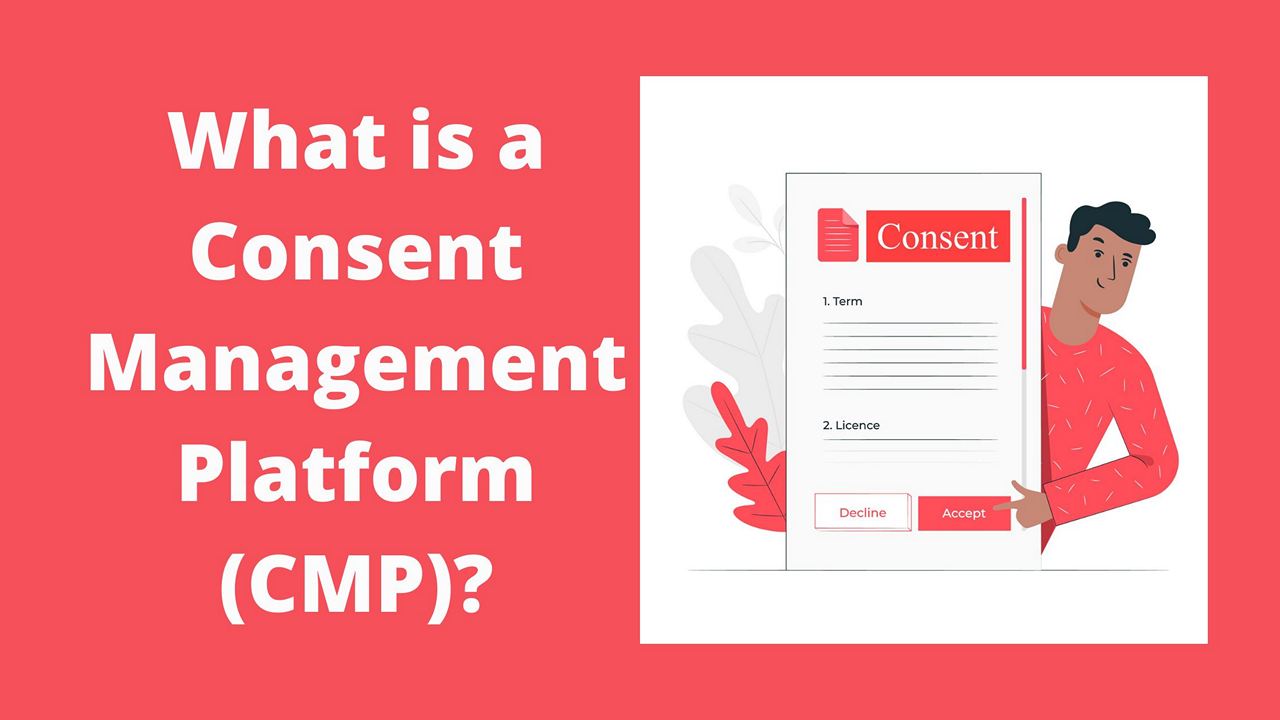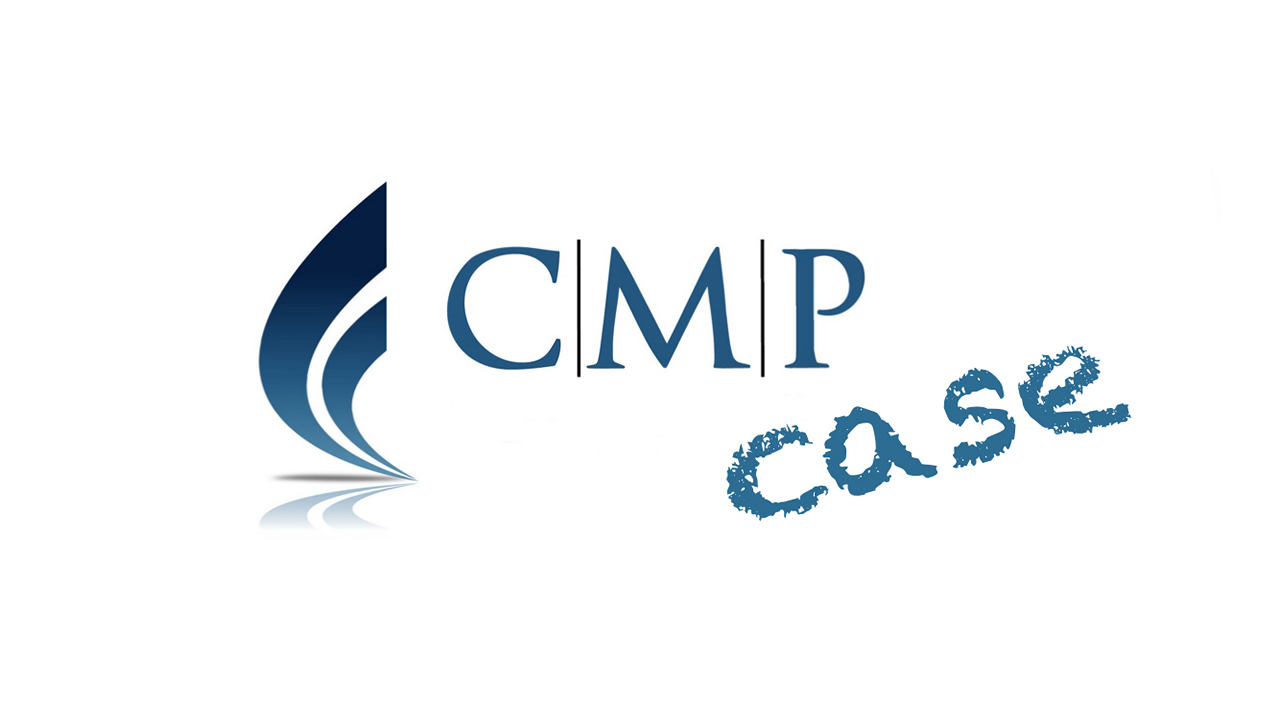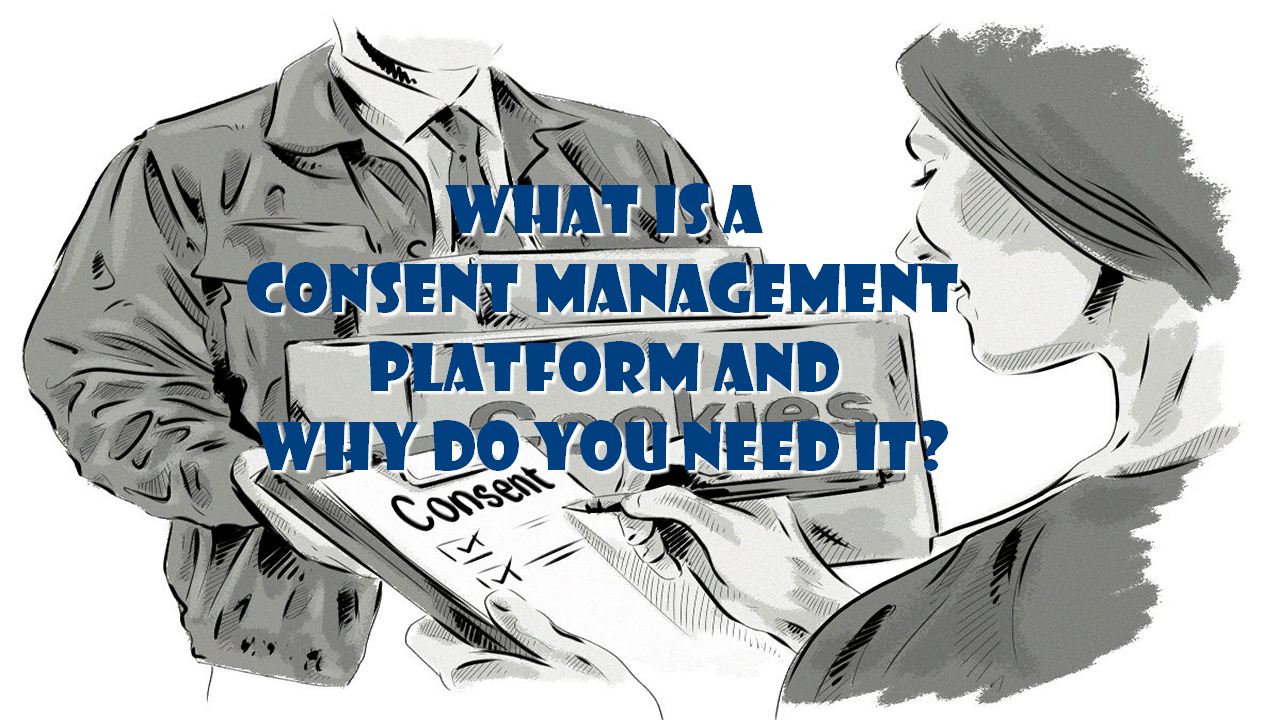With the blowing up of cases on non-compliance by multinational corporations, individuals are concerned about the privacy of their personal information. If you are a company operating in the 21st century, you need to know of consent management platforms and its importance to your company.
If you need to know more about consent management, we have covered it for you. Proceed with reading the article and attain all the information you need to get your website compliant.
A consent management platform (CMP)

A CMP can be described as a process whereby customers determine whether they want to share their personal data with a business or organization. This is not just best-practice methods in your industry but it is mandated by the law. Implementation of the General Data Protection Regulations in 2016 saw to this. This is often done through cookies when a website receives a customer or guest.
As a business, you are responsible for keeping accurate records of customer consent.
The importance of a CMP

Consent management is important for creating a customized marketing solution for your services. Through a CMP, an organization can collect and process personal data. Later on, the data will be analyzed and used to create marketing campaigns. This can be through email marketing campaigns or through retargeting.
On other channels, collection of consents is also known as subscribing. This is because your clients will be accepting communication from your company for an extended period.
Consent management’s other critical part is in the preferences it offers users. This is known as preference management. This involves the choices that users make when it comes to consent. They can determine the frequency of communication from your organization as well as the type of data that can be collected and stored. There is also the option of zero party data.
When you don’t need consent
As clearly stated above, organizations need the consent of the customer/ guest to process their information. However, the GDPR has put forth certain instances where this is not an option. They are as follows:
- The execution of a contract. In the case where a business is offering services or goods, the contract acts in place of consent. The contract covers the need for the customer to provide consent for processing personal information.
- Execution of public tasks. This option only applies to officers and individuals who work in government and need to access personal information to carry out their day-to-day tasks. If you are not such an individual, this doesn’t apply to you.
- Legitimate interest. Out of the options listed, this is the most vague and ambiguous. Due to its open interpretation, it has been debated numerously in court.
- Life or death situation. In the situation whereby accessing personal information can save a person’s life, this is allowed.
- Obligation by law. This could be whereby individuals or companies are legally mandated by a court order.

